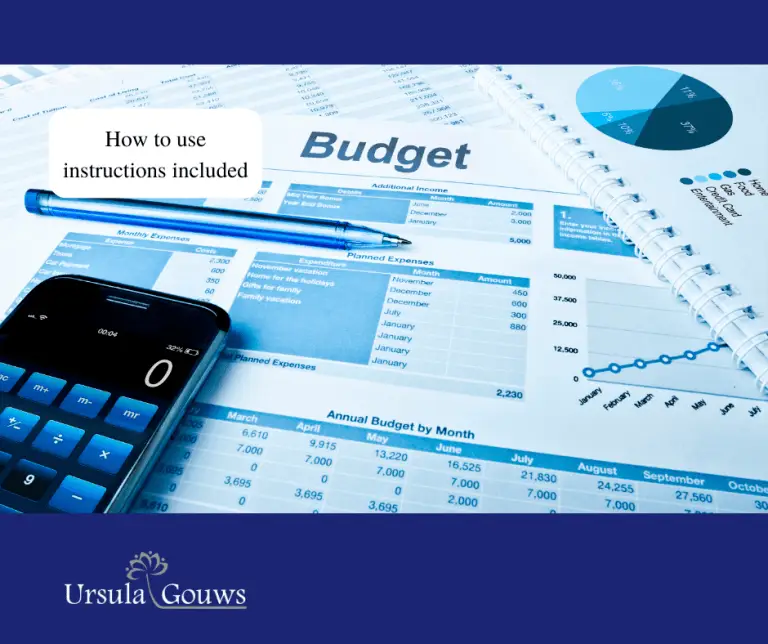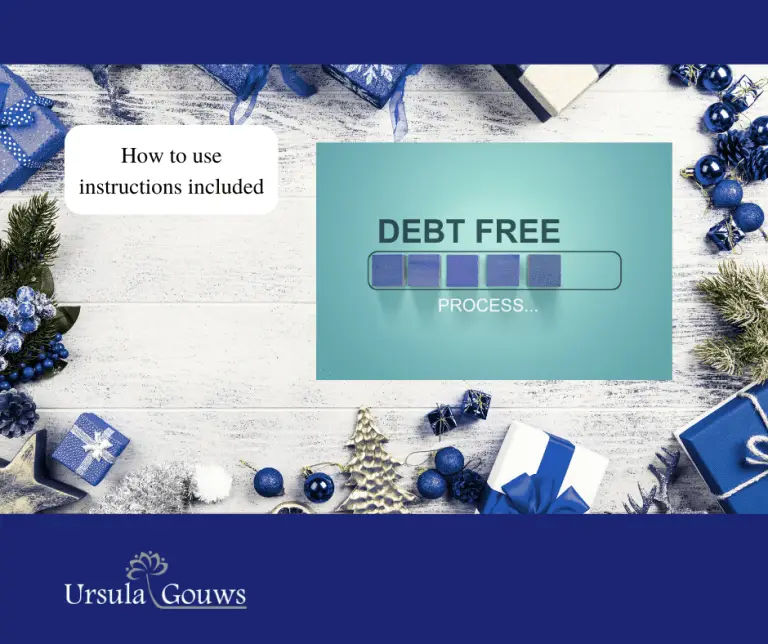Debt is an incredibly potent source of stress. Which can lead to feelings of hopelessness, worthlessness, and helplessness, all of which are symptoms of depression.
Money and debt are leading contributors to stress in our lives. And it can have a profound effect on our mental health.
People who are often overwhelmed with debt may be less likely to seek help or treatment for their depression because they are already struggling to pay their bills.
This blog post will explore how debt can lead to depression and discuss ways to break the cycle.
Ways in which debt can lead to depression
One way in which debt can contribute to depression is through financial strain.
When a person cannot pay their bills or constantly worries about money, it can take a toll on their mental health.
This stress can also cause problems in personal relationships and lead to social isolation, both of which are risk factors for developing depression.
Another way in which debt can contribute to depression is through feelings of guilt and shame.
Many people feel guilty when they are unable to pay what they owe. Or when they resort to taking out additional loans in order to stay afloat financially.
This guilt can lead them into a downward spiral of negative thoughts that further exacerbates existing feelings of depression or leads to the development of new ones.
Breaking the cycle of debt and depression
The key to breaking the cycle between debt and depression lies in understanding that money management is not just about numbers. It is also about emotions and attitude.
Taking steps such as creating a budget. And setting realistic goals for yourself. Can help you regain control over your finances and reduce your stress levels significantly.
Additionally, seeking professional help from an accredited therapist or counselor if your emotions are overwhelming can be invaluable in overcoming these difficult times.
Finally, don’t forget that asking for help from family members or friends when needed isn’t shameful – it’s brave.
Conclusion
Debt has been linked with higher rates of anxiety and depression due to its ability to cause financial strain and guilt over unpaid bills or additional loans taken out to stay afloat financially.
It’s important for anyone struggling with debt-related mental health issues to understand that help is available if needed.
Whether it’s through professional counseling or simply talking things through with friends or family members who may be able to offer support during this difficult time.
You will be able to break the cycle between debt and depression by creating a budget.
Setting realistic goals for yourself.
Seeking professional counseling if necessary.
And asking for help from family members or friends when needed.
This blog was brought to you by Ursula Gouws.
This blog is for information purposes only and does not constitute legal or financial advice.
If you enjoyed this blog, check out more Debt Talk with Ursula on the Ursula Gouws Consulting Blog, or download our Freebies to help you on your journey to a new financial future.
I am a Debt Strategist. Let me help you find the ideal legal solution for your unique debt situation.
I understand that dealing with financial distress can bring about feelings of guilt and shame, and even depression.
Rest assured – working together, we will get you back on track, so your finances and dignity are fully restored.
If you need help finding the ideal legal solution for your debt, feel free to reach out with the contact form on my Website.







